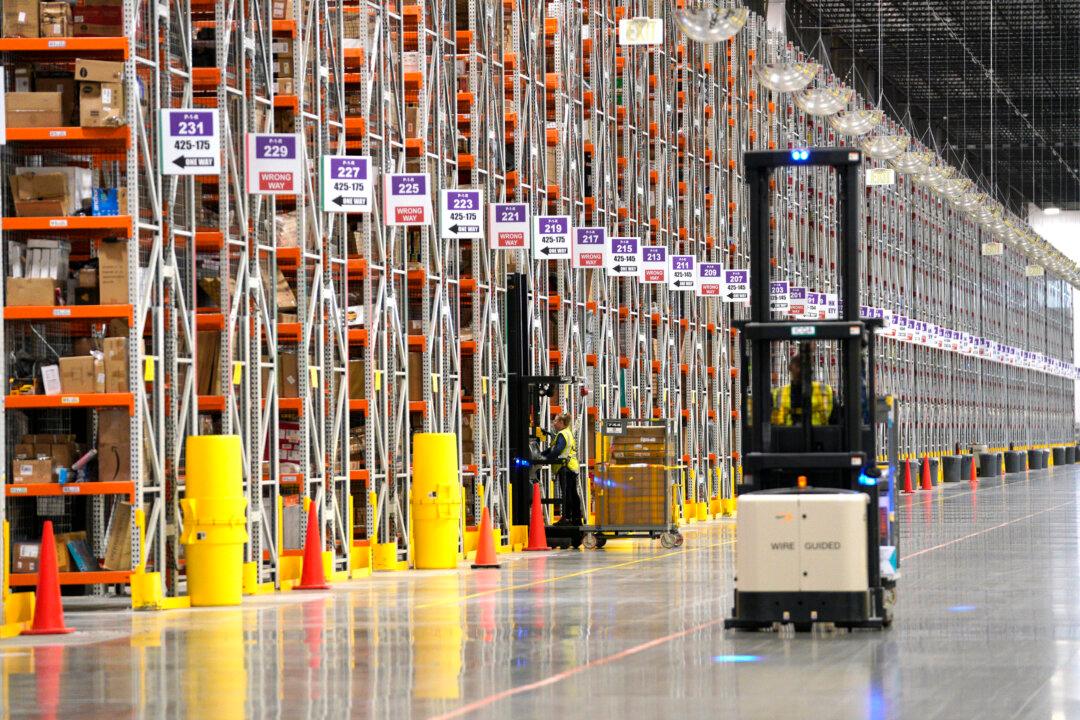The retail behemoth Amazon must be targeted for antitrust violations and broken up into smaller companies, argues Scott Galloway, a marketing professor at New York University.
“Amazon has become an invasive species that is unhealthy for our economy,” he said at the Recode conference on Sept. 17.





